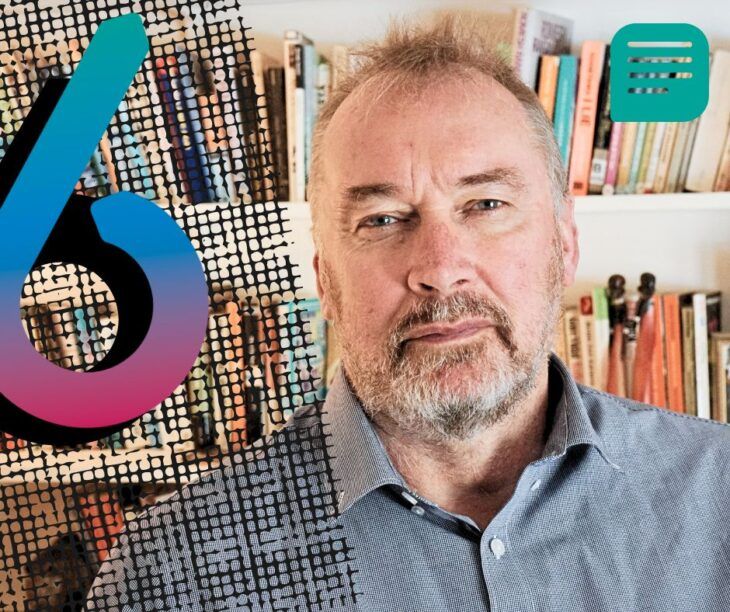The drug market is at the centre of the prisons crisis – here is what we can do to tackle it

This intensive 12-step drug/alcohol recovery programme aims to equip prisoners (whose offending is addiction-related), with the strength and skills to live a drug and crime-free life.
It’s one of seven prison-based addiction programmes that Forward Trust operates. Amazingly, the only ones that receive dedicated funding are in three Welsh prisons – funded by the Welsh office of HM Prisons and Probation.
This is in contrast to 10 years ago, when there were almost 100 prison-based addiction programmes across the country; with 14 of the largest operated by Forward Trust. While many were of poor quality, they represented a foundation for the creation of an anti-drug culture on prison wings. But sadly, most were closed down as funding was withdrawn between 2012 and 2015.
The austerity era policies saw a significant increase in the prison population, while massively reducing prison budget and staffing levels. This, combined with the closure of the addiction programmes, has had the effect we all predicted. We now see most prisoners held in unsafe and insanitary environments, with little opportunity or incentive to engage in positive activities, and every incentive to try to make money in the drug market, or to block it all out in a drug-induced haze.
The excellent Chief Inspector of Prisons, Charlie Taylor, has repeatedly detailed this problem in his reports on individual prisons, and there are signs that prison leaders are waking up to the need to reverse a decade of decay:
- The Ministry of Justice is in the process of rolling out an initiative to create locations in every prison where prisoners can choose to live free from drugs, and if necessary, get the treatment they need to recover from addiction. The clumsily named ‘Independent Substance Free Living (ISFL)’ units currently vary in quality and scope. However, the idea is a good one: if implemented with enough determination, it has the potential to be a game-changer in prison discipline.
- Dame Carol Black, who authored the standout review of the community-based drug/alcohol treatment system, has been working on a similar analysis of the prison-based system. She expects to submit her recommendations to Ministers this month. If her analysis and vision are as clear as her previous report, this could be a turning point for services that have been underfunded and poorly targeted for many years.
- Finally, the Prime Minister himself was brave enough to acknowledge the poor state of prison policy that he inherited from the previous government and has made the inspired appointment of James Timpson as Prisons Minister. We can see from James’ CV, and his first speech in parliament, that this is someone who understands prisons and prisoners, and is determined to turn things around.
At Forward Trust, we have been frustrated to see the deterioration in control of drug dealing and consumption in our prisons over the past 10 years. We had a successful blueprint for tackling drug supply and demand many years ago, but have struggled to be heard, as cost savings and other initiatives have pushed tackling drugs down the agenda. Our advice remains the same – every prison should have:
- A drug strategy coordinator, and multi-disciplinary committee, to ensure the necessary interventions are widely and well implemented.
- An intelligence-led anti-smuggling and dealing plan to isolate those bringing drugs in and root out corruption.
- Designated wings for prisoners who commit to staying away from the drug market, and to engage in treatment and other purposeful activities.
- Incentives regimes that encourage prisoners to move to these wings, to comply with drug testing and other rules, and to make progress in activities that reduce their risk of reoffending.
- Easy availability of addiction recovery programmes, that confront prisoners’ reasons for becoming dependent, and that give them the tools to live a life after release free from drugs and crime.
- Early release programmes that allow prisoners who have completed the first phase of their treatment in prison to engage in a second phase on release.
All of these proposals are deliverable under a smarter strategy and better prioritisation of resources – this is not about big new investments. Indeed, they are highly cost-effective ‘spend to save’ measures that will lead to reduced future costs and pressures, as the rate of reoffending comes down.
We have good people in charge of prisons policy – and now, an opportunity to make a generational difference. Let’s hope we can grasp that opportunity.